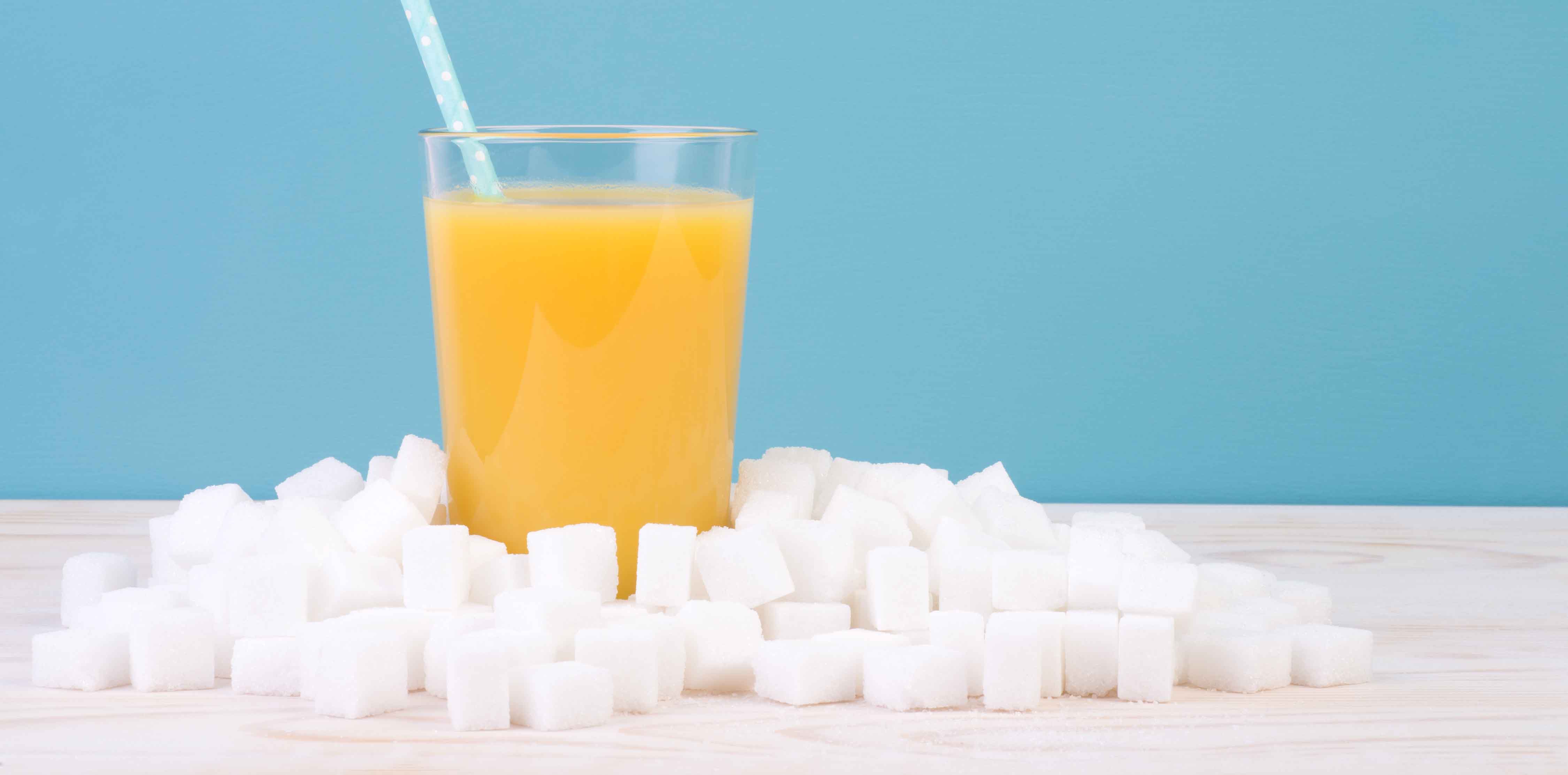The human body can’t tell the difference between naturally occurring and added sugar, no matter how differently the products are marketed
A cold, glistening glass of orange juice every day is just as deadly as guzzling Coca-Cola, a study of tens of thousands of older Americans has revealed.
Drinking freshly-squeezed fruit juice might make a patient feel healthier, but each additional 300mL serving per day increases their risk of dying by 24% over six years, US researchers reported.
In the study, around 13,400 adults aged over 45 filled out a questionnaire about their daily intake of sugary drinks, including juices.
The majority of these patients had obesity but anyone with known coronary heart disease, stroke or diabetes was excluded from the study.
The researchers followed up every six months for an average of six years. In that time, 1,000 patients died.
Even when the researchers adjusted for potential confounders such as age, sex, education, region, smoking status, alcohol consumption, BMI and diet, they still found that natural fruit juice intake was linked to higher mortality.
The human body can’t tell the difference between naturally occurring and added sugar, no matter how differently the products are marketed. Sugar is still sugar, even if it’s plucked from a tree.
So, should Australia consider putting a sugar tax on 100% fruit juices?
While the Obesity Policy Coalition supports a sugar tax on juice drinks which are high in added sugar, it doesn’t extend that to 100% fruit juice, Jane Martin, public health advocate and executive manager of the Obesity Policy Coalition, said.
The Australian dietary guidelines did allow for fruit juice consumption, albeit in small amounts. A sugar tax on natural fruit juice wouldn’t be consistent with these guidelines, Ms Martin said.
“However, other countries vary. For example, Malaysia is proposing to introduce a tax on fruit juices with more than 12g of sugar per 100ml.”
“The issue with fruit juices is quantity,” she said. “It’s easy to drink a cup of juice in less than a minute which could contain the juice from around four oranges. But you wouldn’t eat four oranges in one sitting.”
The RACGP was broadly supportive of a tax on sugar, but would like to see further international evidence that supported the effectiveness of a sugar tax in reducing sugar consumption, college President Dr Harry Nespolon said.
Dr Nespolon suggested that people avoided sugar-laden drinks and drank water instead.
Although the diet wars continue to raged, population studies suggested a high-sugar diets really might be to blame for the obesity crisis, Dr Joe Kosterich, a Perth-based GP, said.
“It’s in [everyone’s] interest that we reduce the amount of sugar in beverages that are consumed by Australians,” he said.
“The list of diseases that you can die from that are associated with high consumption of sugar is a long one. The message is fairly loud and clear – that we need to be reducing our intake of sugar.”
And now this study suggests that means fruit juices as well.
JAMA Open. 2019, 17 May


